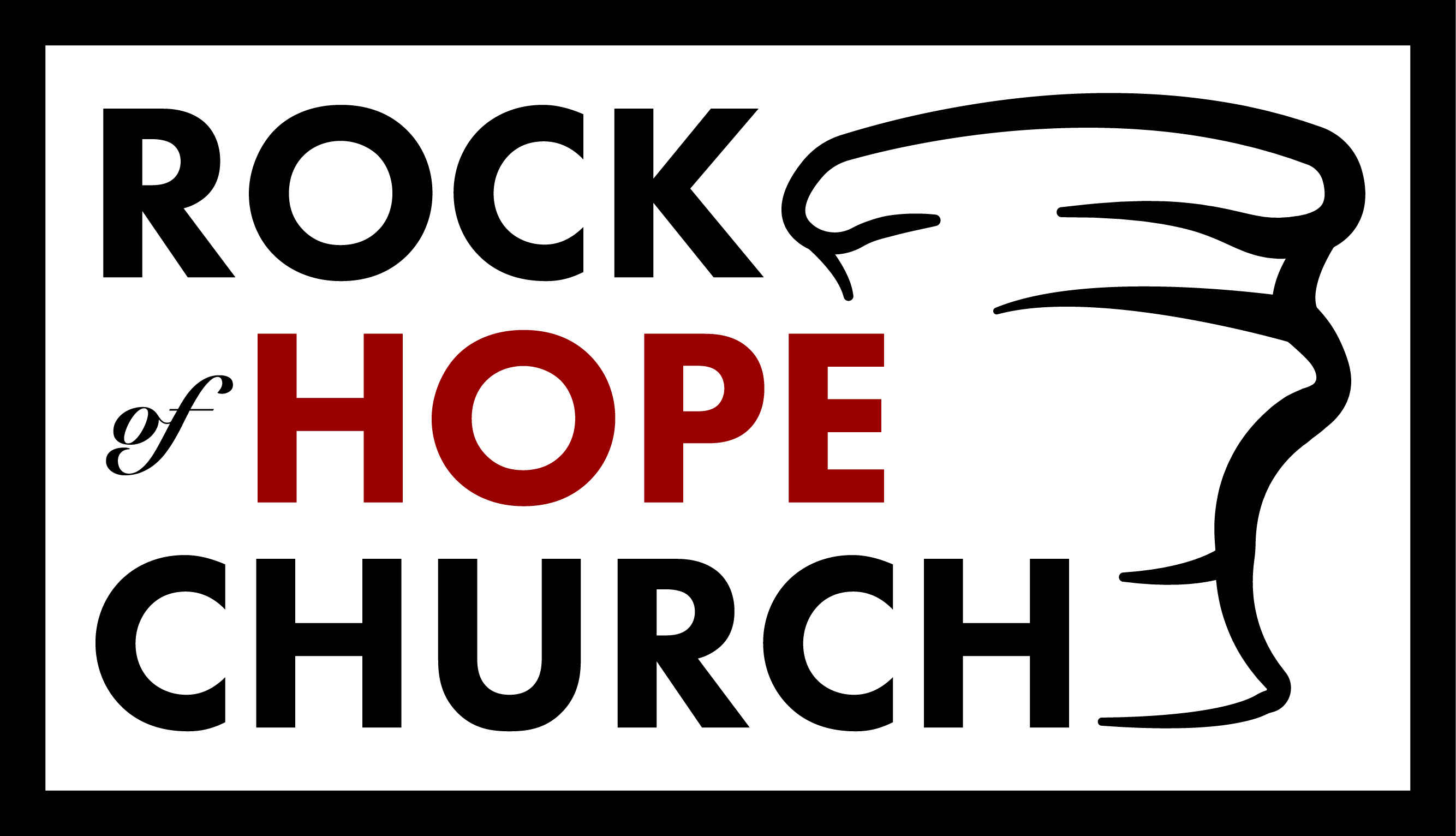Talk is cheap. Or so said T. C. Halliburton (and presumably others in various forms throughout the ages). The Apostle James would agree, especially in matters of the Christian faith. Anyone can claim faith as a belief in God. Even sound doctrinal statements earn the support of demons (James 2:19).
But who will give evidence of their faith by their works?
The surety of salvation is not proven in the doctrinal positions one holds, but in the works produced in conjunction with faith. Even Jesus stated, “you will know them by their fruits.”
As James understands this notion, a primary evidence of saving faith comes as one cares for the needs of fellow Christians. Presumably, James took the words of his Messianic brother at face value. In Matthew 25:34-40, Jesus invites the righteous “who are blessed by my Father, to inherit the kingdom.” But Jesus further notes that these righteous gave food to the hungry, water to the thirsty, hospitality to the stranger, clothes to the naked, comfort to the sick, and encouragement to the imprisoned. Lest we read this as a social commentary, Jesus clarifies that these works were done to the “brethren” of Jesus, his brothers and sisters from the same Father. Similarly, Paul commands that good (that which actually benefits a person) ought to be done to all, but firstly to the “household of faith.”
Clearly then, believing faith manifests in good works directed toward those in need of something, especially if those in need are of our own family of faith.
Such good works are not merely relegated to the needs in our own local church or the needs immediately present. As Paul says, “as we have the opportunity.” Essentially, wherever the need might be found.
Recently, Rock of Hope Church sent money to church partners in Peru. In so doing, we sent aid for both fellow believers in need of food, clothes, and water, as well as aid for mission opportunities, that the church might give to outsiders in need. That offering was a good work of our faith.
APPLY
In order to do good “as we have the opportunity,” we must be prepared for the opportunity. Being prepared means at least four core things: having awareness of the opportunity, having availability for the opportunity, having resources for the opportunity, and having courage.
Having Awareness
It’s amazing how many needs one might be oblivious to if they are not actively looking for opportunities. Doing good means being aware of needs, which takes relationship development and a willingness to spend time searching for needs. Rock of Hope Church gave water to the thirsty in Fiji when we fixed a water tank that provided for dozens of people and we gave food to the hungry as we carried out work on the Fijian ministry farm. These are needs we provided for that arose out of a pursuit of advancing the Kingdom of God. Plenty of needs exist around us as well as across the world, but we need to see them.
Having Availability
Even if we see a need, sometimes our lack of time prevents us from meeting a need. Though I believe God gives us significant freedom in ordering our lives, there exists a busyness in Christianity that prevents one from having availability to meet needs that arise. Our lives are not our own. Biblical priorities should dictate how we calendar our time.
Having Resources
Futhermore, even if we see a need and are willing to give our time, finances often prevents people from doing good. I hear from my own interactions or from stories passed on, of people who state that “they would love to do more but there just isn’t anything left at the end of the month.” This comes down to financial priorities. Many Christians give to Kingdom matters only from what it left after they spent on whatever they have decided to spend on first.
We see throughout Scripture the principle of the “firstfruits.” Generous giving should be the first money that comes out of our wages. In addition, one should work hard in order to save and be ready to share at any moment.
Strangely (though not exactly “strange” since Scripture hints at this outcome), those with abundantly sufficient wages who give the “leftovers” never seem to have enough while those with meager incomes who prioritize Kingdom generosity always have enough.
Having Courage
James uses the Canaanite prostitute Rahab as an example of works joined to faith. She risked her life in order to aid the Israelite scouts. Similarly, doing good works will on occasion require a great deal of courage. The writer of Hebrews admonishes the church to remember those in prison, since we are of the same body. In the context, he speaks of visiting Christians imprisoned for their faith. Associating with such people will bring the possibility of harm to us in those situations, especially in certain countries, but we cannot abandon them. Doing good requires courage, especially in certain situations.
Conclusion
Doing good never comes by accident. It comes with intentionality. God’s sovereignty is not an excuse for haphazard, lackadaisical living. We have an entire book in Scripture named after “wisdom.” The Proverbs overflows with practical guidance for planning and intentionality. Of course, through Scripture we see planning and intentionality in action.
Don’t merely look at James word’s and deny the truth because the connection between faith and works might seem difficult to understand. And don’t deny the truth of good works by refusing to actually work hard at being ready to do good to fellow believers, and anyone, who is in need as we find the opportunity.
Grace and peace,
Aaron
